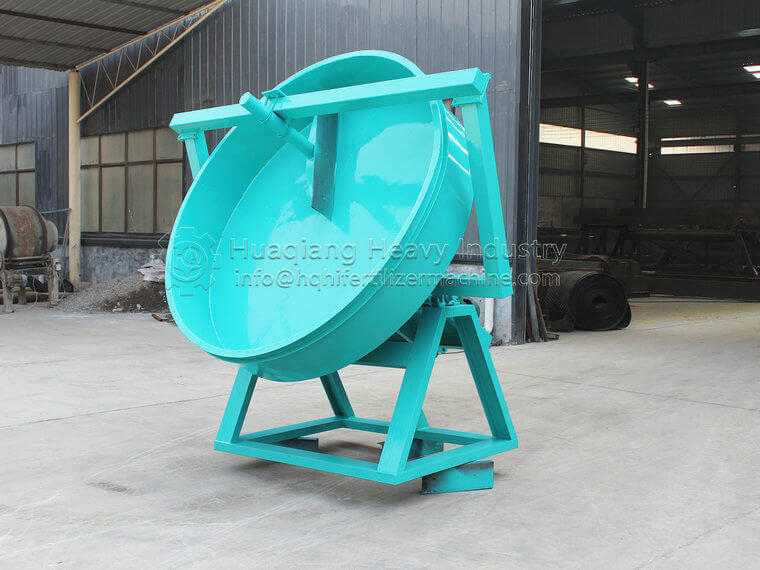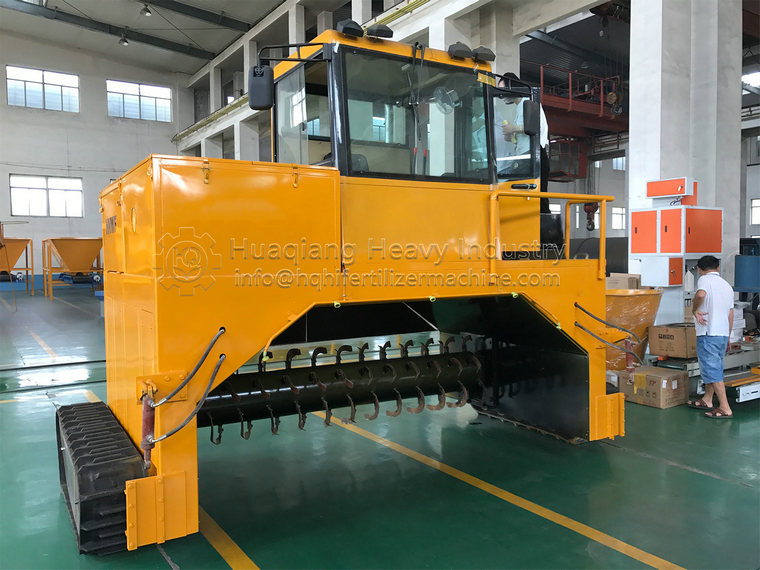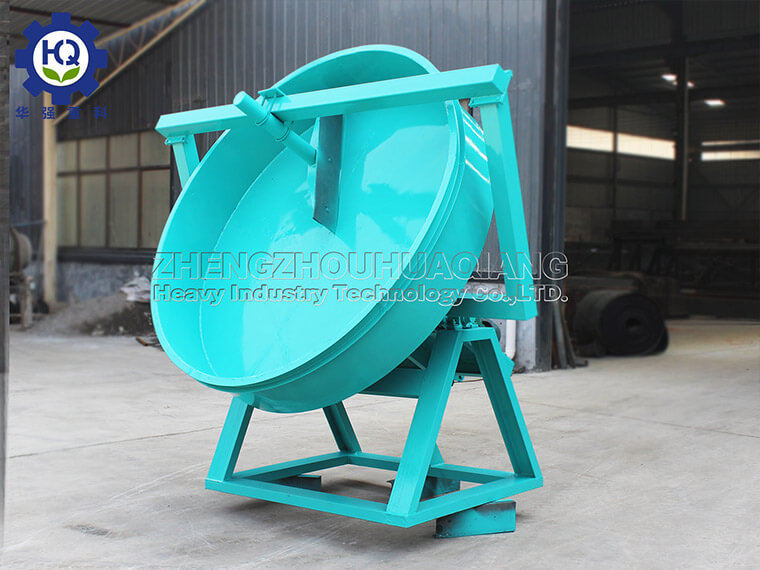How to maintain the disc granulator during shutdown
The maintenance of the disc granulator during shutdown is very important, which can help extend the service life of the equipment and ensure smooth operation during the next start-up. Here are some maintenance steps during shutdown:
Cleaning work:
After shutdown, first cut off the power, open the machine door, and remove the remaining raw materials and particles.
Use appropriate tools (such as soft brushes, compressed air, etc.) to remove residues inside the disc granulator, especially the sieve and feeding port, to prevent blockage and corrosion.
Cleaning the surface of the machine, removing dust and dirt, and keeping the equipment clean can help ensure normal start-up and operation for the next use.
Inspection and fastening:
Check all fasteners of the machine to ensure there is no looseness. If necessary, use a torque wrench to tighten again.
Check the transmission parts, including gears, chains, and belts, to ensure they are not worn or broken, and lubricate them if necessary.
Lubrication and maintenance:
Lubricate all parts that require lubrication, such as bearings, gears, etc., using recommended lubricating oil or grease.
Check if the lubrication system is working properly and ensure that the lubricating oil flow and pressure meet the requirements.
Electrical system inspection:
Inspect the electrical control cabinet to ensure that all wires are securely connected and free from erosion or corrosion.
Check electrical components such as contactors, relays, sensors, etc. to ensure they are working properly and not damaged.
Wear and tear component inspection:
Regularly inspect vulnerable parts such as screens, blades, hammers, etc., and determine whether replacement is necessary based on the degree of wear.
For severely worn components, they should be replaced in a timely manner to avoid affecting the normal operation and production efficiency of the equipment.
Storage and protection:
After maintenance is completed, store the equipment in a dry and ventilated warehouse to avoid moisture and corrosion.
For equipment stored outdoors, it should be covered with rainproof cloth to prevent rainwater from entering.
Record and track:
Record the date, content, and replaced parts of each maintenance, and establish a maintenance file.
Based on maintenance records, develop subsequent maintenance plans and preventive maintenance measures.
By following the above maintenance steps, it can be ensured that the disc granulator receives appropriate maintenance during shutdown, prepares for the next start-up, and prevents potential malfunctions and damage.

.jpg)




.jpg)

